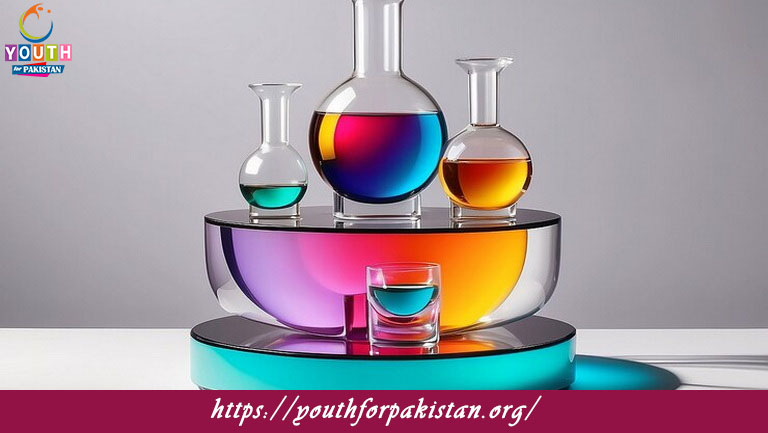Surface Chemistry Quiz with Answers

Welcome to the Surface Chemistry MCQs with Answers, it helps learners quickly identify areas for improvement in Surface Chemistry Online Test.
| Surface Chemistry is a fascinating branch of chemistry that explores the phenomena occurring at the interfaces of different phases, such as solid-liquid, solid-gas, and liquid-gas. This field examines how surface properties and reactions influence the behavior of materials. Key topics in Surface Chemistry include adsorption, catalysis, colloids, and surface tension. Understanding these concepts is crucial for applications in industries like pharmaceuticals, materials science, and environmental engineering.
To aid in mastering this subject, various resources are available, such as Surface Chemistry MCQs, which provide a broad range of questions to test your knowledge. Surface Chemistry quiz questions are designed to challenge your understanding and help reinforce key concepts. For comprehensive exam preparation, Surface Chemistry multiple choice questions cover all major topics, ensuring you are well-prepared for any assessment. Surface Chemistry exam questions often delve into both theoretical and practical aspects, making them essential for thorough preparation. Additionally, Surface Chemistry practice tests are excellent tools for self-evaluation and identifying areas that need further study. A well-curated Surface Chemistry test bank can offer a vast collection of questions for continuous practice, ensuring a robust understanding of the subject. |
Surface Chemistry Online Quiz
By presenting 3 options to choose from, Surface Chemistry Quiz which cover a wide range of topics and levels of difficulty, making them adaptable to various learning objectives and preferences. You will have to read all the given answers of Surface Chemistry Questions and Answers and click over the correct answer.
- Test Name: Surface Chemistry MCQ Quiz Practice
- Type: Quiz Test
- Total Questions: 40
- Total Marks: 40
- Time: 40 minutes
Note: Answer of the questions will change randomly each time you start the test. Practice each quiz test at least 3 times if you want to secure High Marks. Once you are finished, click the View Results button. If any answer looks wrong to you in Quiz, simply click on question and comment below that question, so that we can update the answer in the quiz section.
Download Certificate of Surface Chemistry Test
On the end of Quiz, you can download the certificate of the quiz if you got more than 70% marks.
Surface Chemistry Flashcards

What is the process by which a substance in the gaseous or liquid phase is adsorbed onto the surface of a solid called?

Which type of adsorption is usually irreversible and forms a monolayer of adsorbate molecules on the surface?

What is the term for the maximum quantity of gas that can be adsorbed by a unit mass of adsorbent at a specific temperature and pressure?

What is the process by which adsorbed molecules move from one site to another on the surface called?

Which type of adsorption occurs when an ion in a solution is exchanged for a similarly charged ion attached to the surface of a solid?

What is the process by which one gas displaces another gas adsorbed on the surface of a solid called?

What is the process of molecules in the bulk of a liquid being adsorbed onto the surface of a solid called?

What is the term for the phenomenon where the concentration of the adsorbate at the surface is higher than in the bulk phase?

What is the term for the maximum amount of solute that can be dissolved in a solvent at a specific temperature?

Which type of adsorption occurs when an electrochemical reaction takes place at the surface of the adsorbent?

What is the term for the plot of the amount of adsorbate adsorbed per unit mass of adsorbent versus pressure at constant temperature?
If you are interested to enhance your knowledge regarding Physics, Computer, and Biology please click on the link of each category, you will be redirected to dedicated website for each category.




